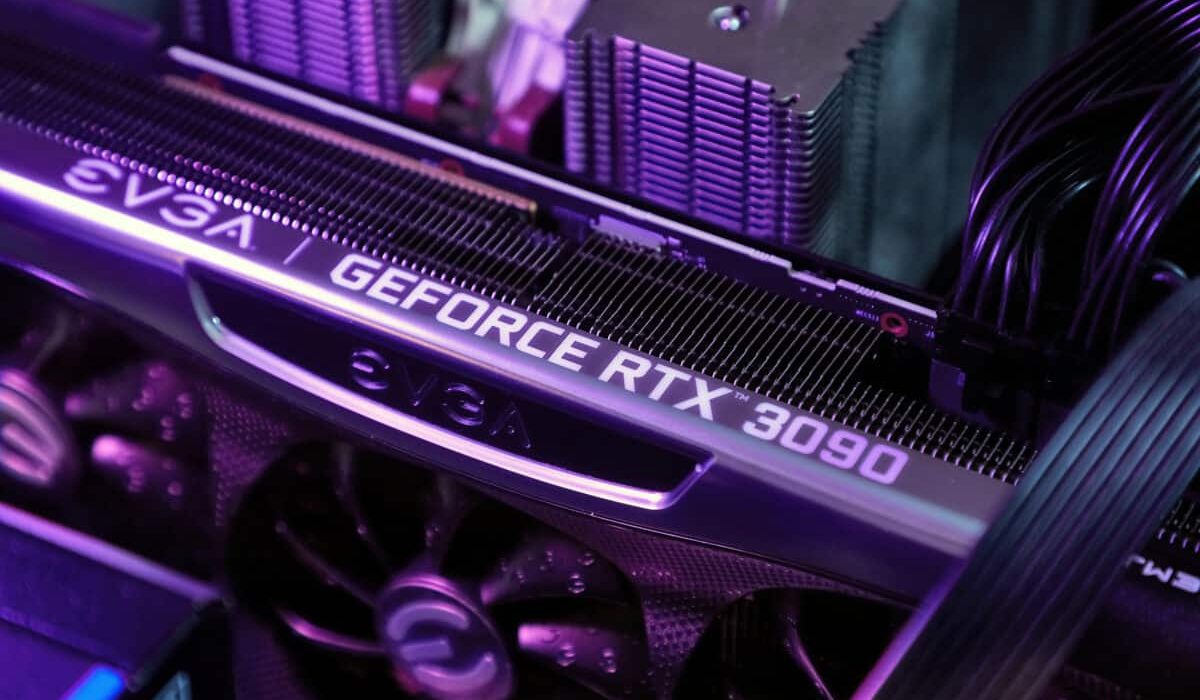A breaking point appears to have been reached in the relationship between Nvidia and one of its main board partners. Since EVGA won’t be making any RTX 40 series GPUs, the graphics card industry is practically dead to EVGA. The choice may portend EVGA’s demise and raise more questions about the commercial dealings between GPU vendors and motherboard partners.
After the RTX 30 series, EVGA reportedly informed Gamers Nexus that it will stop selling Nvidia graphics cards. The business will continue to honor the warranties of its present clients, but it anticipates selling out of its remaining stock by the end of 2022.
Nvidia’s Founders Edition 30 series GPUs have undercut EVGA’s versions of those cards, especially since Nvidia recently made major price cuts to clear stock, which is one of the main causes of the falling out.
In response to the cryptocurrency boom, GPU manufacturers increased production; however, the subsequent fall and more recent Ethereum merger have left them trying to sell off unsold inventory while competing with the flood of secondhand cards as they gear up to introduce a new generation. Manufacturers of motherboards like EVGA claim they are unable to withstand these shocks to the same extent as Nvidia and claim to be losing hundreds of dollars for each RTX 3080 or RTX 3090 sold.
The board partner also charges Nvidia with failing to disclose the MSRP when introducing new GPUs. EVGA won’t know the exact amount it will charge for cards until Nvidia releases the suggested retail price to the general market. Additionally, the GPU manufacturer imposes pricing ceilings and floors, which limits EVGA’s ability to set prices for its variations based on how it customizes overclocking or cooling systems.
Nvidia GPUs currently account for around three-quarters of EVGA’s total income, and the company describes itself as Nvidia’s #1 approved partner in the US and UK for graphics card sales. Additionally, after breaking from Nvidia, the firm doesn’t offer AMD or Intel cards and doesn’t plan to in the future. The majority of EVGA’s remaining business is power supplies, but it’s difficult to see what the firm will look like in the next year or two without GeForce goods.
The decision to abandon the GPU industry was not made lately or abruptly. After making repeated attempts to renegotiate the arrangement, according to EVGA, they informed Nvidia in April. Andrew Han, the CEO and founder of EVGA, claimed that while leaving Nvidia was an easy choice, working there was challenging. Han described the decision as one of principle, not of value.
Han claims he has no plans to sell EVGA because he fears doing so would cause investors to alter its character and culture. The business also doesn’t want to fire people, but doing so looks all but certain if it gives up on its major source of income.

